Your cart is currently empty!
Tag: Organic
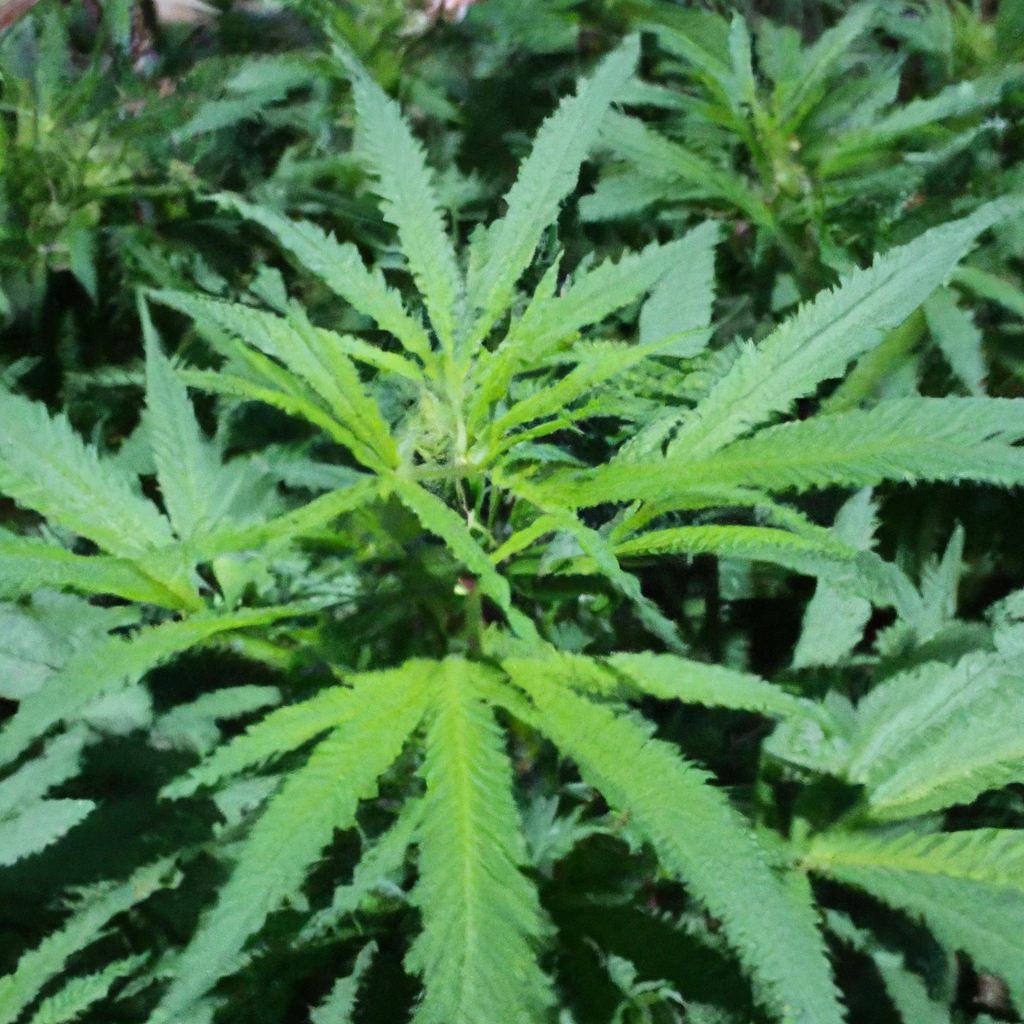
Organic cannabis cultivation focuses on creating a sustainable ecosystem that encourages healthy plant growth with minimal environmental impact. This guide highlights best practices such as building healthy soil through composting and natural fertilizers like bat guano, controlling pests with companion planting and beneficial insects, and using sustainable methods like water conservation and renewable energy. By…
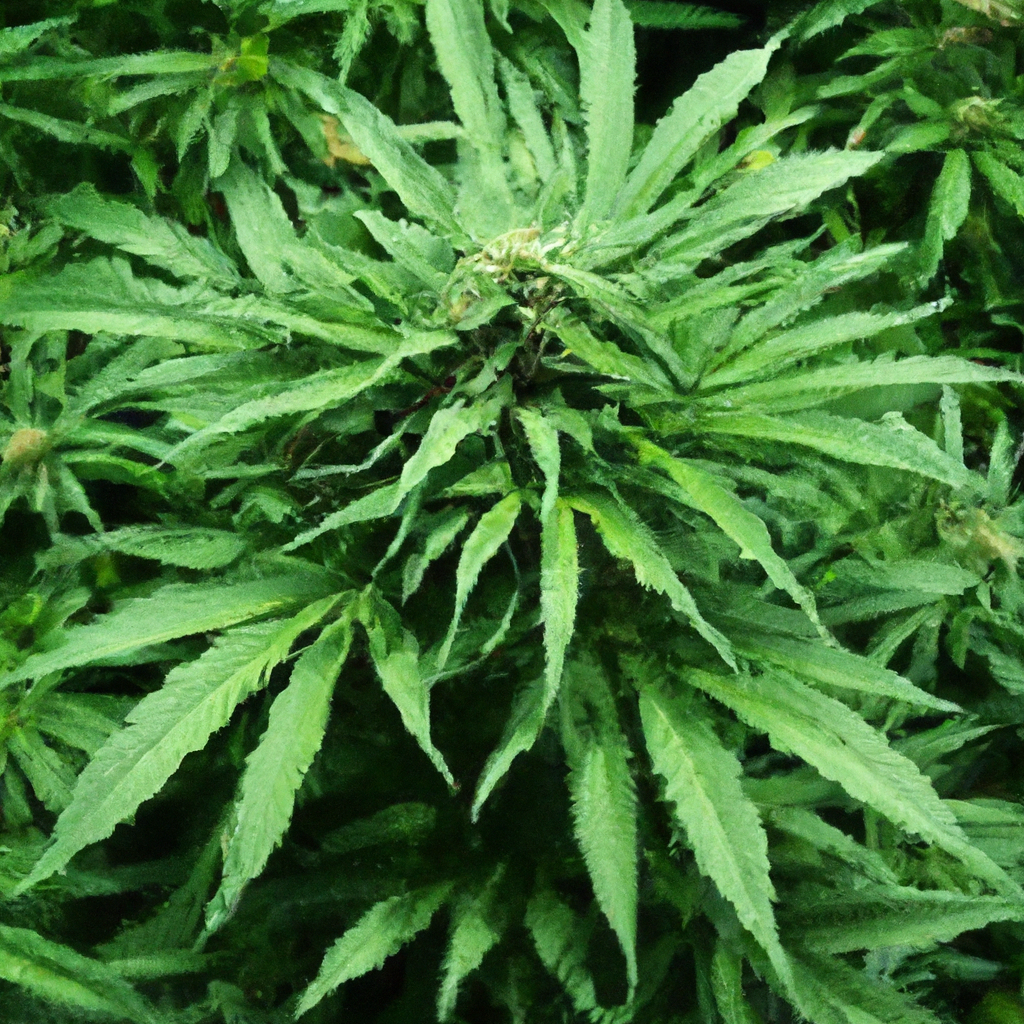
Embracing organic methods in cannabis cultivation benefits both the environment and plant health, yielding a cleaner, more natural product. Organic growing avoids synthetic chemicals, relying on natural fertilizers like compost, worm castings, and fish emulsion to enrich the soil. Creating a healthy soil ecosystem is crucial, incorporating practices such as crop rotation, cover crops, and…
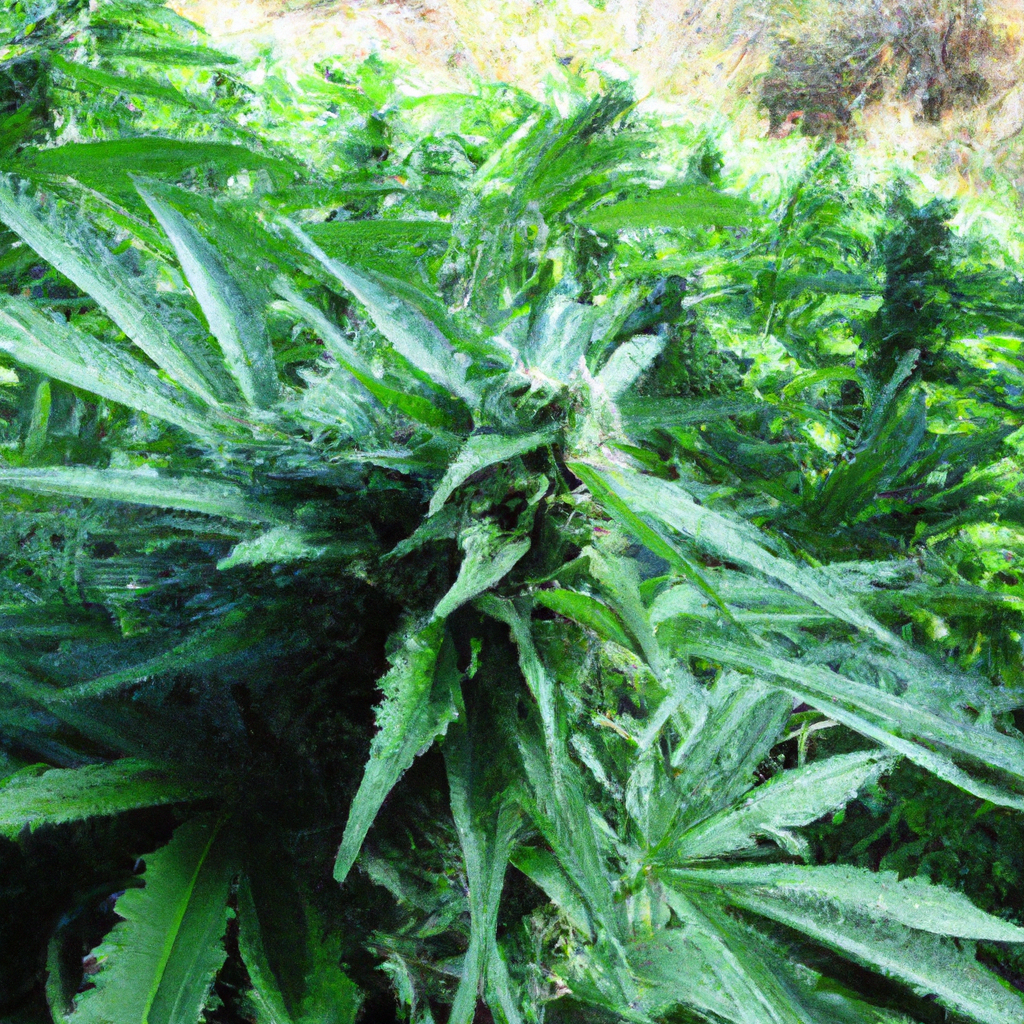
Organic cannabis cultivation emphasizes sustainability and offers numerous benefits for both consumers and the environment. This approach eliminates synthetic chemicals, enhances soil health through composting, cover crops, and mulching, and promotes the use of natural fertilizers like bone meal and seaweed emulsions. Eco-friendly pest control methods, such as beneficial insects and neem oil, maintain plant…
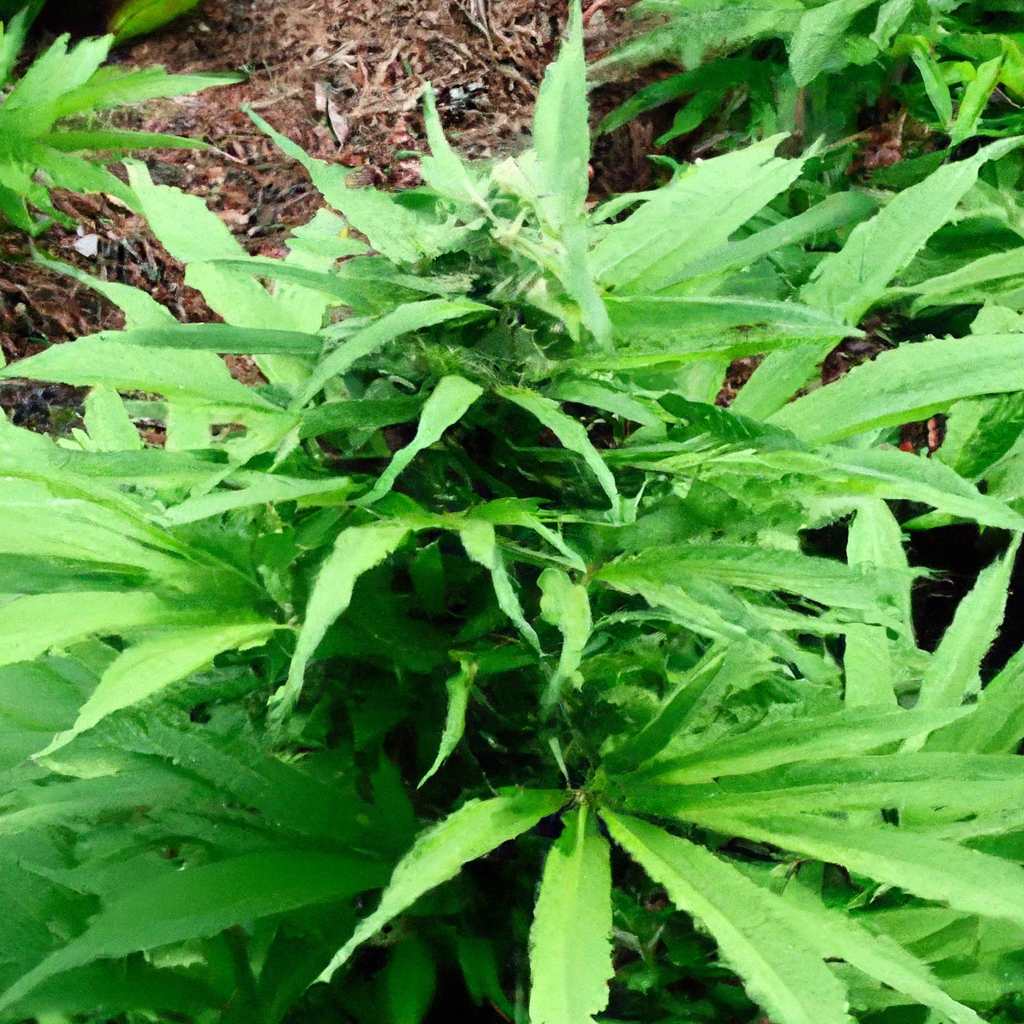
Organic cannabis cultivation offers a sustainable approach for quality yields by using natural fertilizers, compost, and organic pest control. Healthy soil ecosystems are essential, achieved through composting, cover cropping, and mulching. Natural fertilizers like bone meal and fish emulsion enhance plant health, while organic pest control utilizes beneficial insects and substances like neem oil. Promoting…
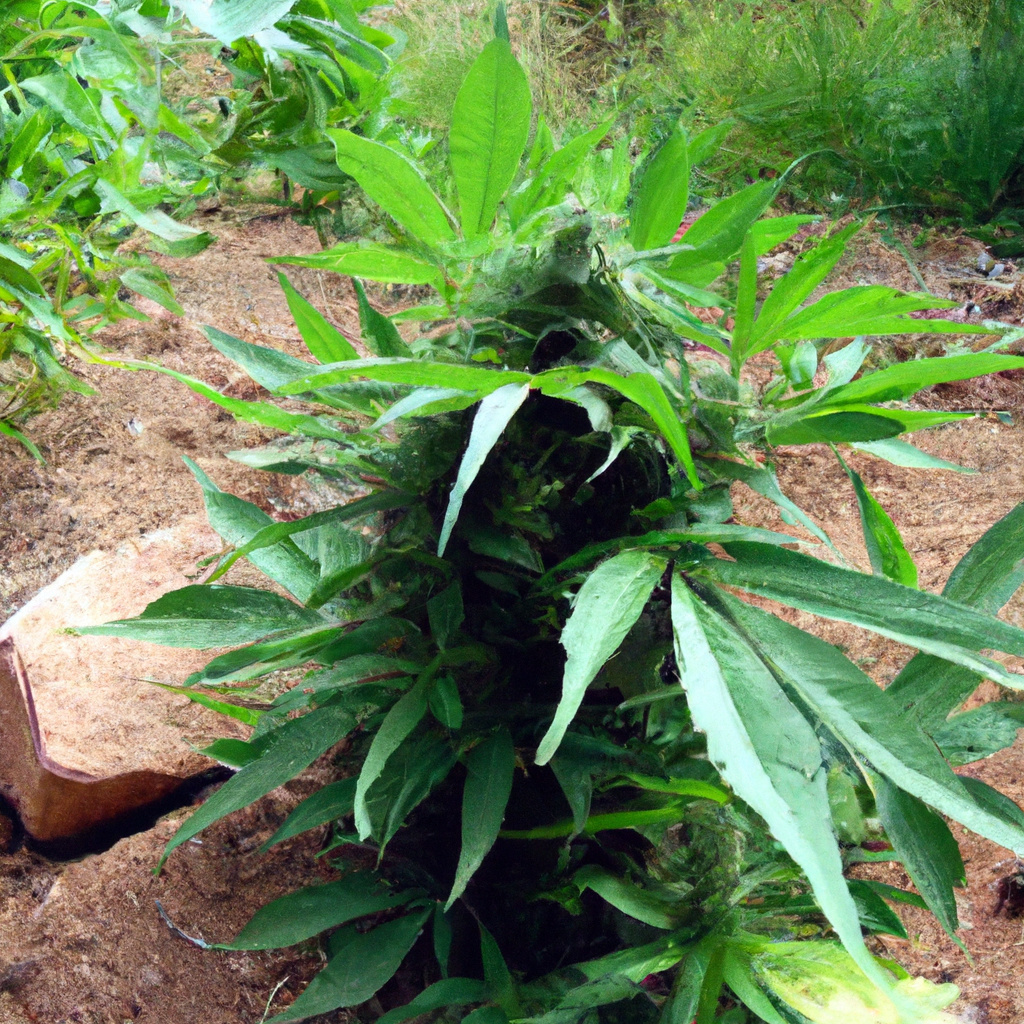
Organic cannabis cultivation, gaining popularity for its environmental benefits and high-quality yields, emphasizes sustainable practices and natural resources. Key elements include building a healthy soil ecosystem through composting, cover cropping, and mulching; utilizing natural fertilizers and pest control with organic inputs and beneficial insects; and employing sustainability measures like water conservation and renewable energy. The…
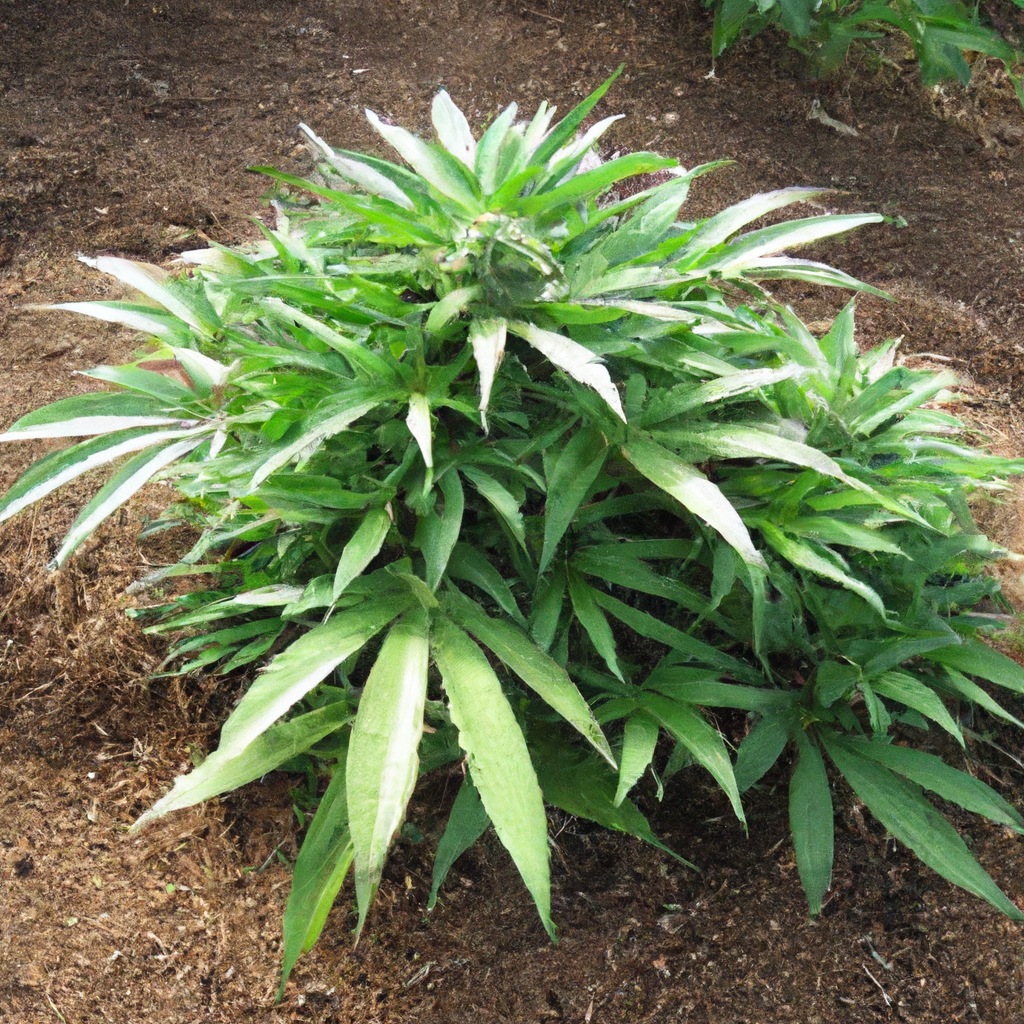
Introducing organic cannabis cultivation provides a sustainable method for producing high-quality cannabis without harmful synthetic chemicals, promoting both environmental health and consumer well-being. This article explores how to enhance soil health using composting, cover crops, and crop rotation, nourish plants with natural fertilizers like animal manure and kelp meal, and manage pests through eco-friendly tactics…
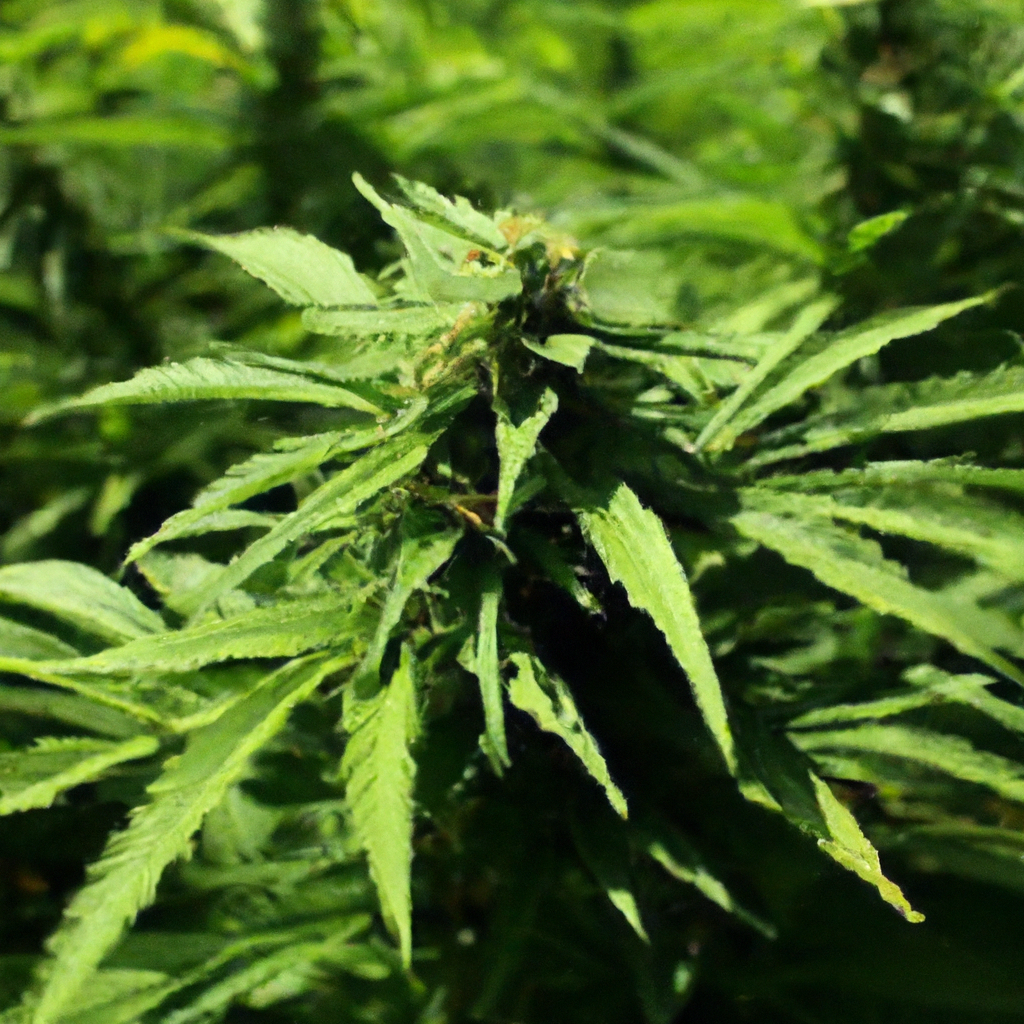
In the realm of cannabis cultivation, organic practices are gaining traction as they offer high-quality yields while benefiting the environment. Organic methods enhance soil health naturally through composting, cover crops, and humic substances, replacing synthetic fertilizers with natural alternatives like manure and beneficial insects. This reduces chemical runoff and supports carbon sequestration, enhancing biodiversity and…
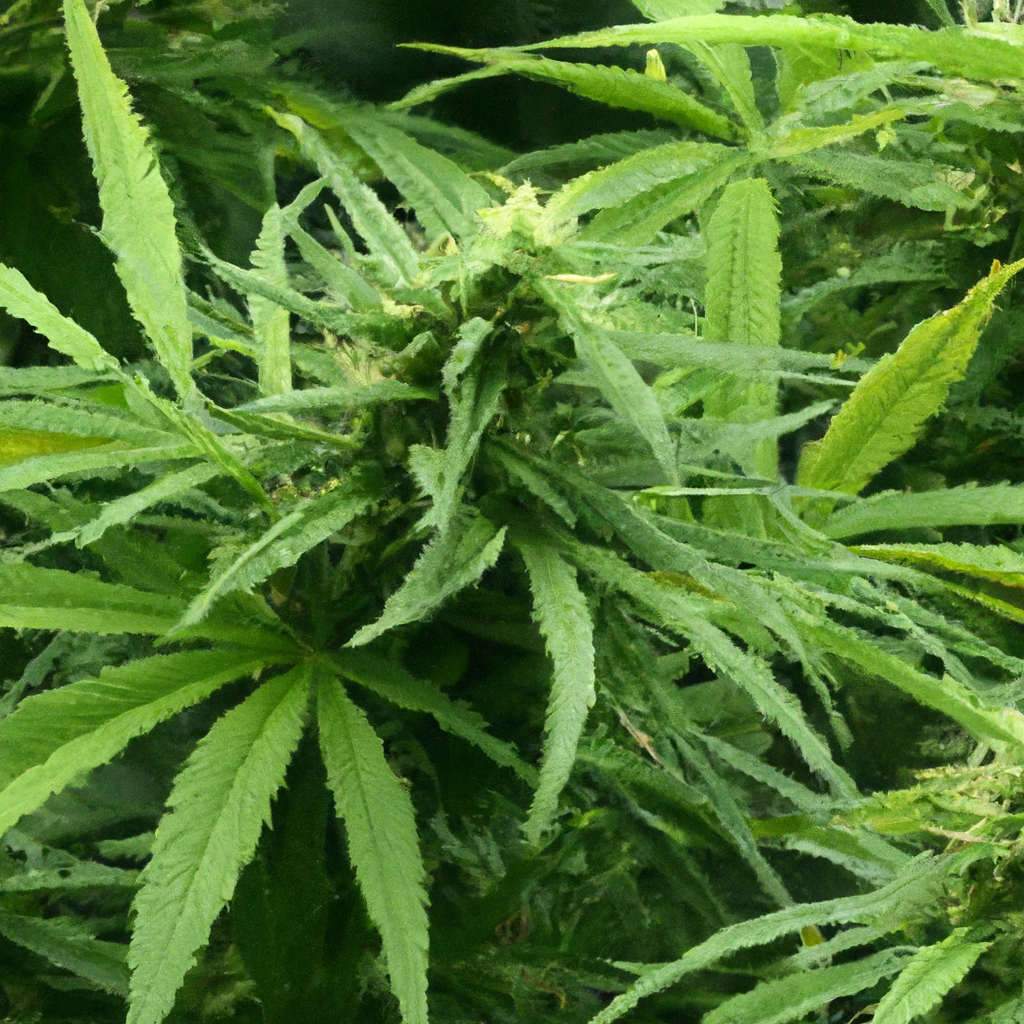
Growing cannabis comes with its challenges, notably pest infestations. To protect your crop and boost yield, it’s crucial to understand common pests like spider mites, aphids, and whiteflies. Implement smart pest control techniques such as companion planting with marigold and dill, introducing beneficial insects like ladybugs, and using organic pesticides like neem oil and insecticidal…
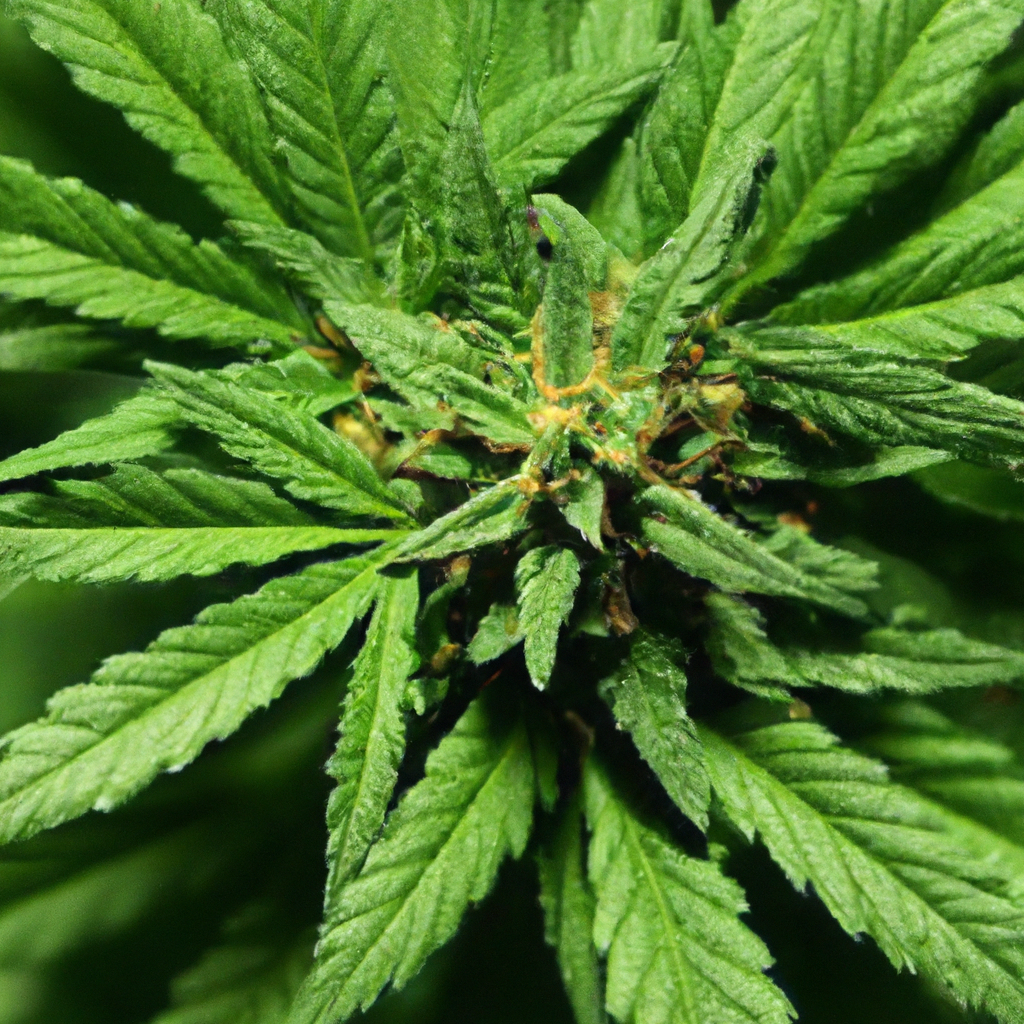
As the cannabis industry flourishes, many cultivators are adopting eco-friendly methods for organic growth, highlighting the environmental and quality benefits for consumers. This blog post explores sustainable practices for organic cannabis cultivation, emphasizing the use of natural fertilizers, such as compost, worm castings, and bone meal, to enrich soil health. It also provides organic pest…
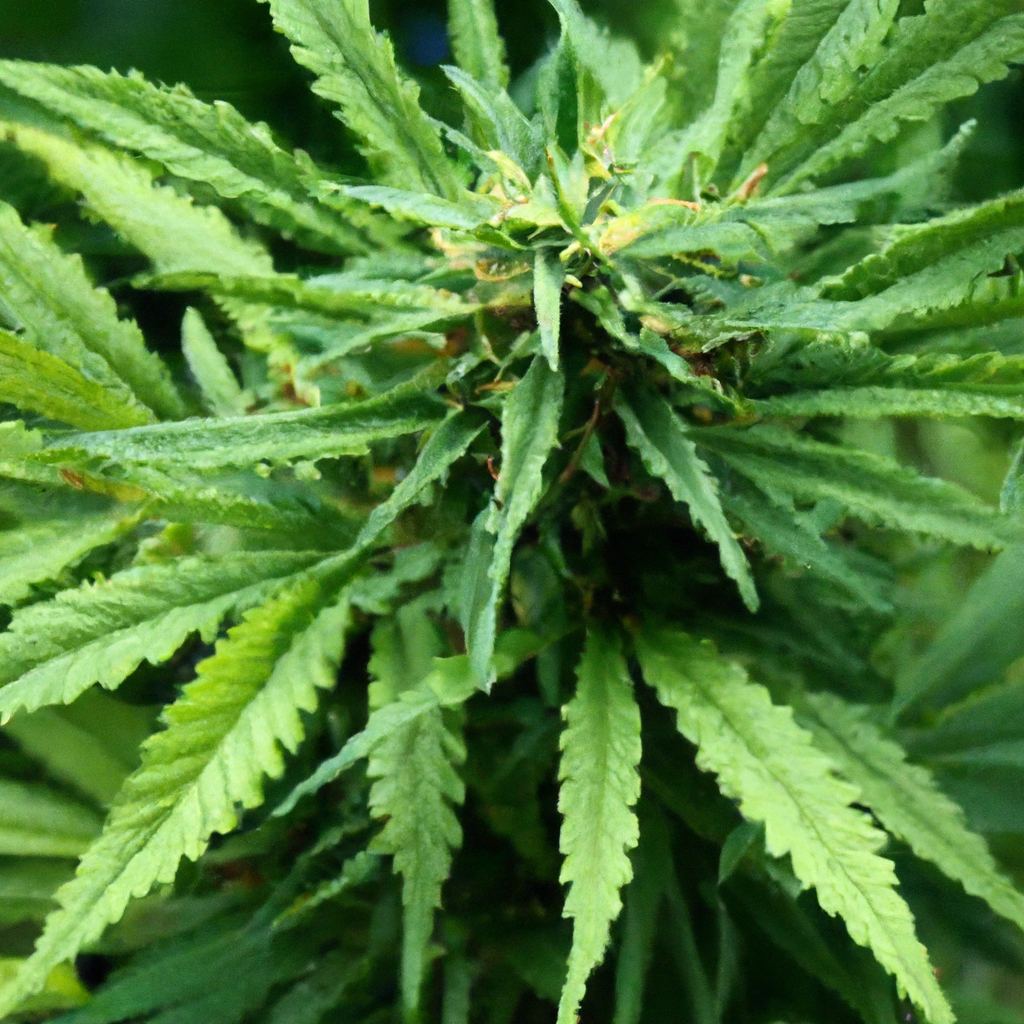
As cannabis becomes mainstream, consumers are turning to organic cultivation for a greener planet and superior user experience. Organic cannabis, grown without synthetic fertilizers or pesticides, offers health benefits, environmental sustainability, and enhanced flavors. By using organic soil, natural pest control, and organic nutrients, growers contribute to healthier ecosystems. With a growing demand, organic practices…
